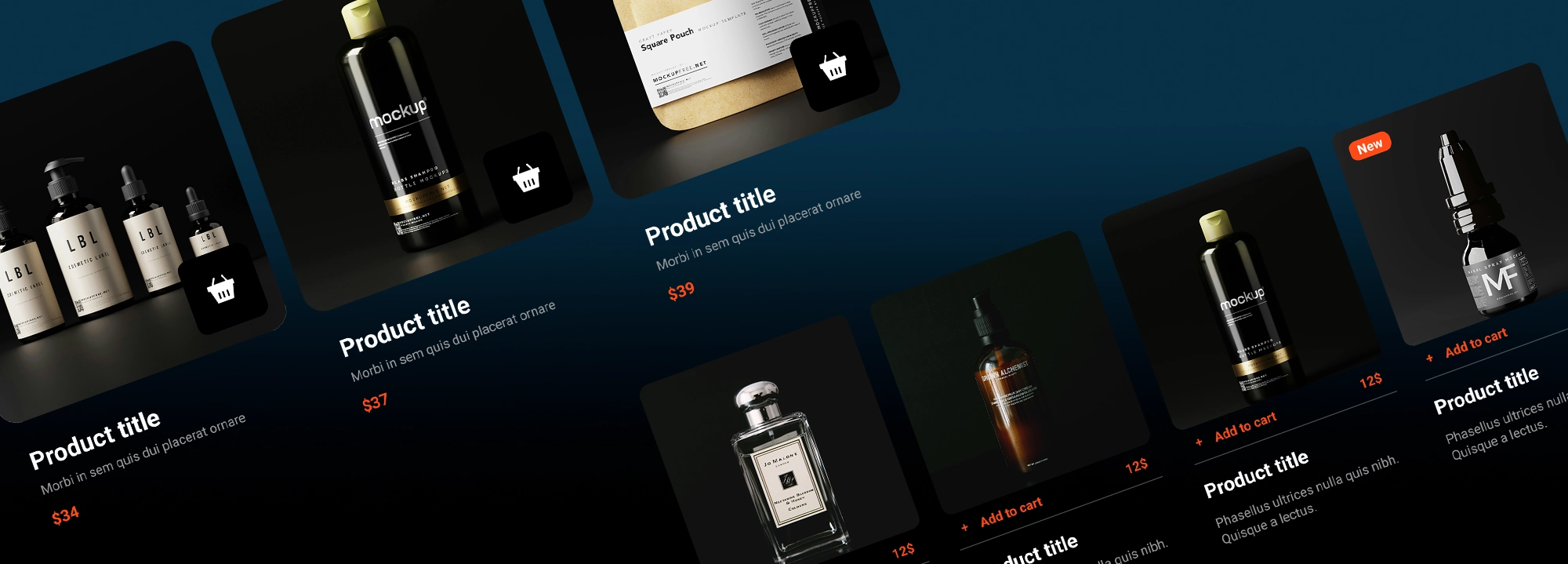How much does it cost to design a website on WordPress?
Looking for Creative Inspiration?
⭐⭐⭐⭐⭐
MaxiBlocks is a page builder with a huge Pro Cloud library of 180+ page templates, 2100+ block patterns and 14100+ icons and shapes!
Speed up your web design now. Use on as many websites as you wish.👇
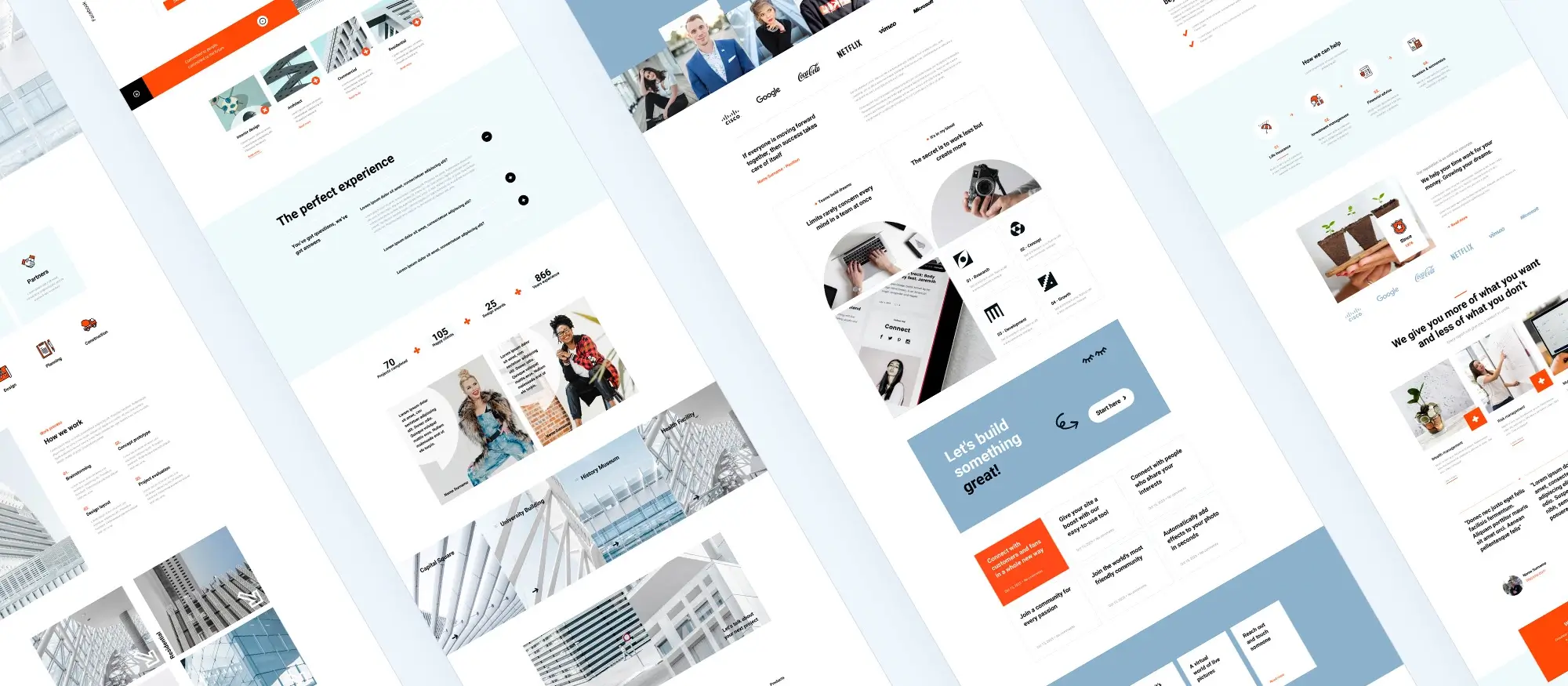
Understanding the costs involved in designing a website on WordPress is essential for anyone looking to establish an online presence. Knowing what to expect can help you budget effectively and avoid unexpected expenses. This guide will explore the various factors that influence the overall cost, providing step-by-step instructions, tips and tricks, do’s and don’ts, and the pros and cons of each element.
Domain name
A domain name is your website on WordPress address on the internet, and it is necessary for users to find your site. The average cost of purchasing a domain name ranges from £10 to £15 per year. You can register a domain with providers such as GoDaddy or Namecheap. If you want a premium domain name, be prepared to pay significantly more.
Tips and tricks: Look for promotions or discounts for first-year registrations. Consider the length of registration; longer terms can sometimes save money.
Do’s: Choose a domain name that is short, memorable, and relevant to your business. Research domain registrars to find the best price and service.
Don’ts: Don’t buy domains with unusual extensions unless they fit your brand. Don’t forget to factor in the renewal cost, which might be higher than the initial price.
Pros: Having a custom domain name makes your website look professional and credible.
Cons: Premium domain names can be expensive, and renewal costs might be higher than the initial registration fee.
Hosting services
Web hosting is crucial for making your website accessible online. There are different types of hosting: shared, VPS, dedicated, and managed WordPress hosting. The costs vary, with shared hosting starting at around £3 per month, VPS hosting at around £20 per month, and dedicated hosting costing upwards of £80 per month. Managed WordPress hosting, which provides additional WordPress-specific features, can range from £20 to £50 per month.
Tips and tricks: Look for hosting providers that offer introductory rates for the first year. Evaluate the hosting provider’s support services and uptime guarantees.
Do’s: Choose a hosting plan that matches your website’s needs. Consider scalability options if you expect your site to grow.
Don’ts: Don’t choose the cheapest hosting option without considering performance and support. Don’t overlook customer reviews and ratings of hosting providers.
Pros: A reliable hosting provider ensures your website is fast and always accessible.
Cons: Higher quality hosting can be more expensive, and cheaper options might have limited features and support.
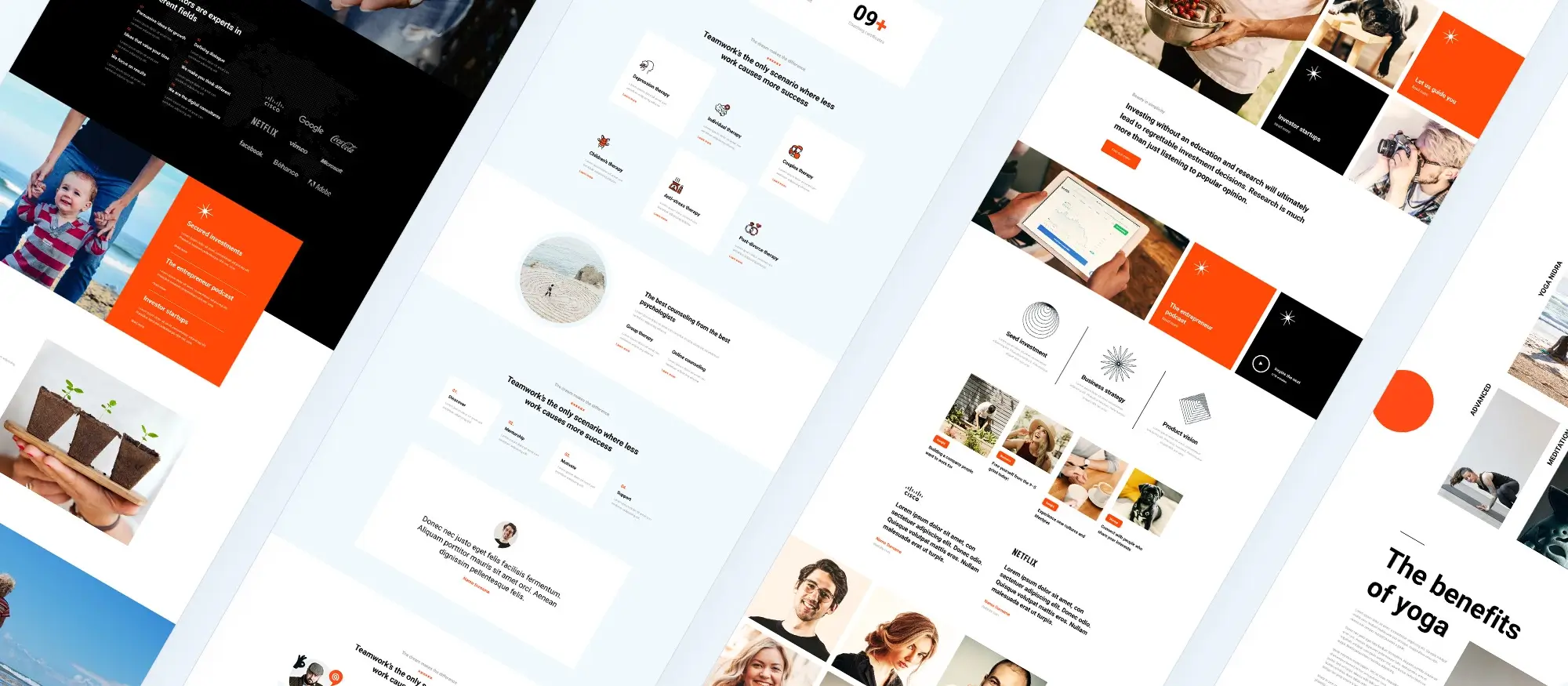
WordPress themes
Themes determine the look and feel of your website. You can choose between free and premium themes. Free themes are available on WordPress.org, while premium themes from marketplaces like ThemeForest and Elegant Themes cost between £30 and £70. Custom themes can be much more expensive, ranging from £500 to several thousand pounds, depending on complexity.
Tips and tricks: Test free themes thoroughly before purchasing a premium theme. Look for themes that offer a money-back guarantee.
Do’s: Select a theme that is responsive and mobile-friendly. Consider the theme’s support and update history.
Don’ts: Don’t use a theme with poor reviews or no recent updates. Don’t ignore the importance of theme customizability.
Pros: Premium themes often offer better design and more features than free ones.
Cons: Premium themes and custom designs can be expensive, and free themes might lack advanced features.
WordPress plugins
Plugins extend your website’s functionality. There are thousands of free plugins available, but premium plugins usually cost between £20 and £100 each. Essential premium plugins include those for SEO, security, and e-commerce. Custom plugin development can be significantly more expensive.
Tips and tricks: Prioritise essential plugins that address your site’s primary needs. Regularly review and update plugins to maintain site security and performance.
Do’s: Research plugins and read reviews before installing them. Keep plugins updated to avoid security vulnerabilities.
Don’ts: Don’t install too many plugins; it can slow down your site. Don’t use plugins from untrusted sources.
Pros: Plugins add powerful features to your site and can be easily installed and configured.
Cons: Too many plugins can affect site speed, and some plugins might conflict with each other.
Subscribe to our newsletter
Website design and customisation
Hiring a web designer or developer can significantly impact your budget. Freelancers typically charge between £20 and £100 per hour, while agencies might charge £50 to £200 per hour. DIY customisation using tools like Elementor or Beaver Builder costs around £40 to £100 for a premium page builder license.
Tips and tricks: Use page builders for quick and easy customisation without coding. Get quotes from multiple designers or agencies to compare prices.
Do’s: Consider your own skill level and time availability when deciding between DIY and hiring a professional. Invest in a premium page builder if you plan to make extensive customisations.
Don’ts: Don’t hire the cheapest designer without checking their portfolio and reviews. Don’t ignore the importance of a well-designed and user-friendly website.
Pros: Professional design can significantly improve your website’s appearance and functionality.Cons: Hiring a designer or developer can be expensive, and DIY options might have a learning curve.
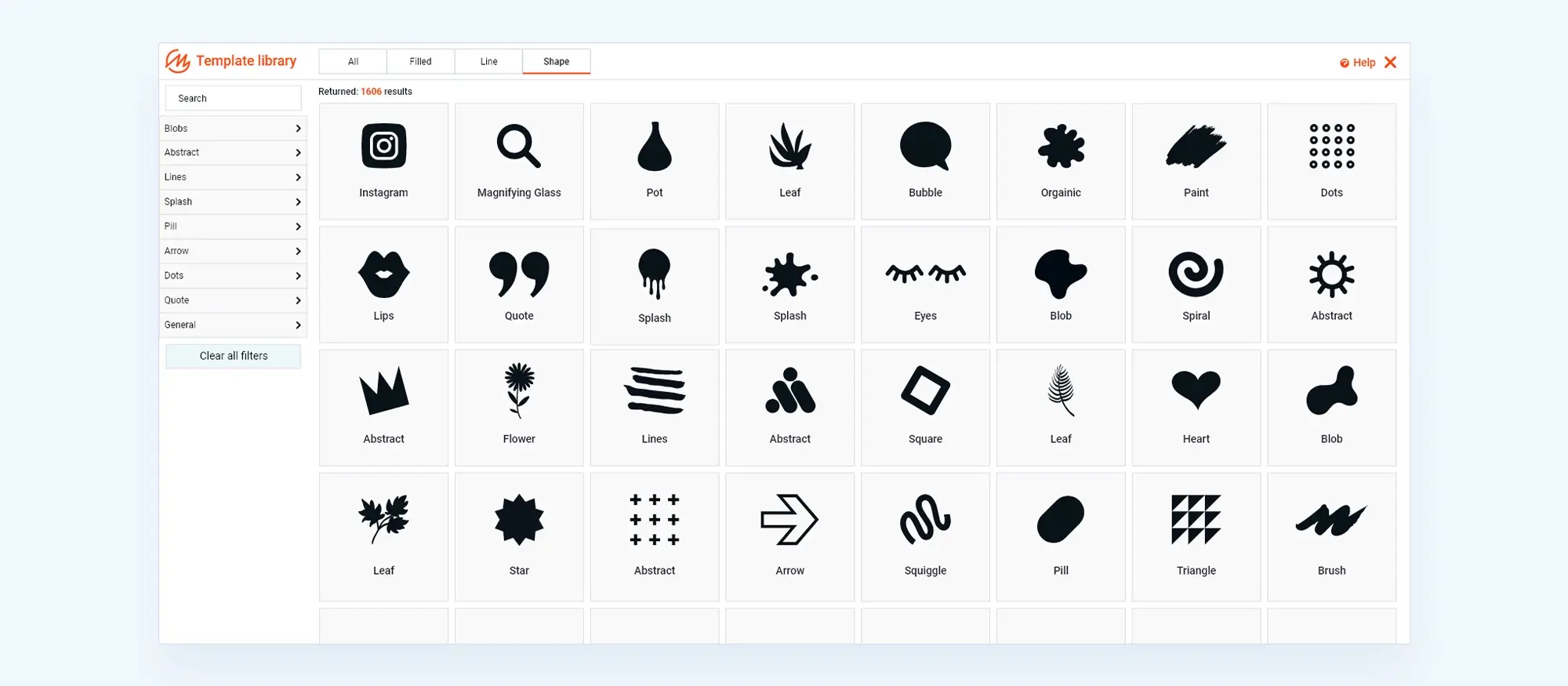
E-commerce functionality
Setting up an online store involves additional costs. WooCommerce is a popular e-commerce plugin for WordPress. While it is free, many extensions and add-ons are not, costing between £30 and £200 each. Payment gateway fees and other transactional costs should also be considered.
Tips and tricks: Start with essential e-commerce features and add more as needed. Consider payment gateways that offer the best rates for your business.
Do’s: Research and compare different e-commerce plugins. Factor in transaction fees when setting your product prices.
Don’ts: Don’t forget to secure your site with SSL. Don’t neglect to test the entire purchase process before going live.
Pros: E-commerce functionality can significantly expand your business opportunities.
Cons: Extensions and payment gateway fees can add up quickly.
Maintenance and support
Ongoing maintenance includes backups, updates, and security. Premium support services might cost between £10 and £50 per month. Budgeting for unforeseen issues and regular updates is essential.
Tips and tricks: Schedule regular maintenance checks and updates. Use automated backup solutions to save time.
Do’s: Keep a backup of your site before making major changes. Invest in security plugins to protect your site.
Don’ts: Don’t ignore regular updates and maintenance. Don’t skimp on support if you’re not tech-savvy.
Pros: Regular maintenance ensures your site remains secure and functional.
Cons: Maintenance requires ongoing effort and potential additional costs.
Optional costs
Additional expenses might include marketing and SEO services, content creation and copywriting, stock photos and premium media, and email marketing services. These can range from £50 to several hundred pounds per month.
Tips and tricks: Use free marketing tools to start and upgrade as your business grows. Leverage free stock photo websites before purchasing premium images.
Do’s: Invest in professional copywriting if content is vital to your business. Use email marketing to build and maintain customer relationships.
Don’ts: Don’t underestimate the value of good content and marketing. Don’t use low-quality images; they can detract from your site’s professionalism.
Pros: Investing in these areas can significantly enhance your site’s effectiveness and user engagement.
Cons: These costs can add up quickly and might strain your budget.
Budgeting tips
Managing costs effectively involves prioritising spending based on your website’s needs. Look for bundles or packages that offer multiple services at a discount.
Tips and tricks: Create a budget and stick to it as closely as possible. Look for bundles or packages that offer multiple services at a discount.
Do’s: Prioritise spending on essential elements like hosting and security. Regularly review your expenses and adjust your budget as needed.
Don’ts: Don’t overspend on non-essential features initially. Don’t forget to plan for future costs and upgrades.
Pros: Effective budgeting helps you manage your resources wisely and avoid overspending.
Cons: Sticking to a budget can be challenging, especially when unexpected costs arise.
Designing a WordPress website involves several costs, from domain registration and hosting to themes, plugins, and ongoing maintenance. By understanding these costs and planning your budget effectively, you can create a professional and functional website without breaking the bank. Start with a basic plan and scale up as needed, and don’t hesitate to seek help from the WordPress community if needed. For detailed information, you can explore Is WordPress good for designing websites?, How do I design my own WordPress website?, How much does it cost to design a website on WordPress?, Is WordPress website design free?, Is WordPress still used in 2024?, Does anyone still use WordPress?, and WordPress website design.
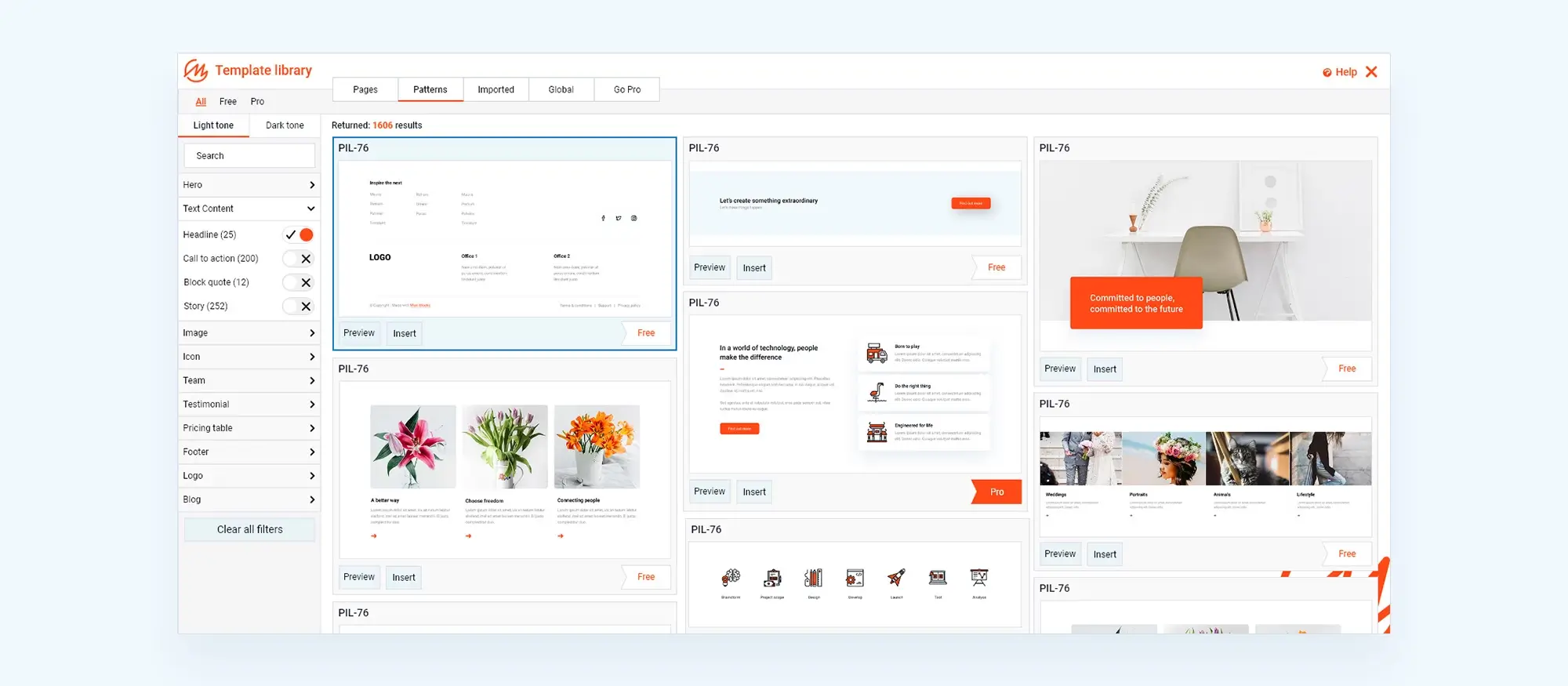
FAQs on the cost of designing a website on WordPress
How much does it cost to design a website on website on WordPress?
The cost of designing a WordPress website can vary widely based on several factors including domain name, hosting, themes, plugins, design and customization, e-commerce functionality, maintenance, and optional services like marketing and SEO.
What is the cost of a domain name for a website on WordPress?
The average cost of purchasing a domain name ranges from £10 to £15 per year. Premium domain names can be significantly more expensive, and renewal costs might be higher than the initial registration fee.
How much does web hosting cost for a website on WordPress?
Web hosting costs vary depending on the type of hosting. Shared hosting starts at around £3 per month, VPS hosting at around £20 per month, and dedicated hosting costs upwards of £80 per month. Managed WordPress hosting ranges from £20 to £50 per month.
Are there free themes available for a website on WordPress?
Yes, there are many free themes available on WordPress.org. Premium themes, which offer more features and customization options, cost between £30 and £70. Custom themes can be much more expensive, ranging from £500 to several thousand pounds.
What is the price range for a website on WordPress plugins?
Many plugins are free, but essential premium plugins, such as those for SEO, security, and e-commerce, typically cost between £20 and £100 each. Custom plugin development can be significantly more expensive.
How much does it cost to hire a web designer or developer for a website on WordPress?
Freelancers typically charge between £20 and £100 per hour, while agencies might charge £50 to £200 per hour. DIY customization tools like Elementor or Beaver Builder cost around £40 to £100 for a premium license.
What are the additional costs for setting up an e-commerce store on website on WordPress?
While WooCommerce is a free e-commerce plugin, many extensions and add-ons are not, costing between £30 and £200 each. Payment gateway fees and other transactional costs should also be considered.
What is the cost of ongoing maintenance and support for a WordPress site?
Ongoing maintenance costs, including backups, updates, and security, can range from £10 to £50 per month. Budgeting for unforeseen issues and regular updates is essential.
Are there optional costs associated with designing a website on WordPress?
Yes, optional costs may include marketing and SEO services, content creation, stock photos, premium media, and email marketing services. These can range from £50 to several hundred pounds per month.
What are some budgeting tips for designing a website on WordPress?
To manage costs effectively, prioritize spending based on your website’s needs, look for bundles or packages that offer multiple services at a discount, and regularly review and adjust your budget. Prioritize essential elements like hosting and security, and plan for future costs and upgrades.
What are the pros and cons of using free vs. premium themes for website on WordPress?
Free themes are budget-friendly and can be sufficient for basic websites, but they might lack advanced features and customization options. Premium themes often offer better design, more features, and support but can be expensive.
WordPress itself
Official Website
wordpress.org – This is the official website for WordPress, where you can download the software, find documentation, and learn more about using it.
WordPress Codex
codex.wordpress.org/Main_Page – This is a comprehensive documentation resource for WordPress, covering everything from installation and configuration to specific functionality and troubleshooting.
WordPress Theme Directory
wordpress.org/themes – The official WordPress theme directory is a great place to find free and premium WordPress themes. You can browse themes by category, feature, and popularity.
maxiblocks.com/go/help-desk
maxiblocks.com/pro-library
www.youtube.com/@maxiblocks
twitter.com/maxiblocks
linkedin.com/company/maxi-blocks
github.com/orgs/maxi-blocks
wordpress.org/plugins/maxi-blocks

Kyra Pieterse
Author
Kyra is the co-founder and creative lead of MaxiBlocks, an open-source page builder for WordPress Gutenberg.
You may also like
